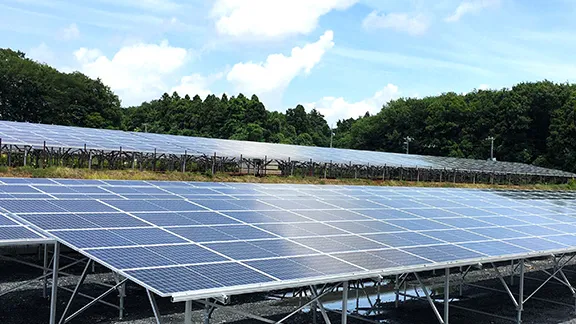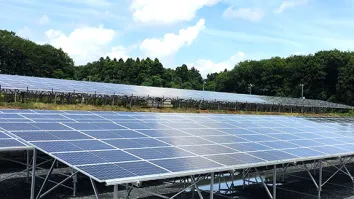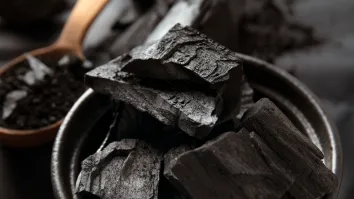
Areva-designed Indian nuke project opposed for cost, safety issues
An EPR reactor supply agreement with Areva for the Jaitapur nuclear power plant is being opposed.
The National Committee in Solidarity with Jaitapur Struggle opposes the setting up of nuclear plants with costly imported reactors.
It has asked the Indian government not to sign any agreement with Areva during the two-day visit of French President Francois Hollande to India that began on Thursday.
The committee also emphasized that before a thorough safety review and detailed techno-economic analysis of the nuclear energy programme in undertaken, no expansion must take place.
“Given the range of issues with the Jaitapur project, it would not be in the interest of our country to sign any agreement with Areva on the EPR reactor. The Jaitapur plant must be subjected to public scrutiny, both on techno-economic grounds and on questions of safety before any decision is taken,’’ said Prakash Karat, member of the committee and general secretary of the CPI(M).
The committee added that the government must work out safety drills and evacuation procedures in the case of an accident.
It also quoted a study by the Indian Institute of Astrophysics in Bangalore, published in the Current Science journal of the Indian Academy of Sciences last year, that raised serious doubts about the prudence of setting up six 1,650 MW nuclear reactors at this site.
Mr. Raja said the nuclear plant would be situated in a seismic zone, and raised serious doubts over safety.
Furthermore, the committee noted that post-Fukushima, modifications to Areva's hardware and subsystems, as well as design and safety re-analyses, have been mandated by France’s Nuclear Safety Regulatory Authority.
Thus based on the cost of Areva's project in Flamanville, France, the phase-1 capital cost of the Jaitapur Nuclear Power Plant (JNPP) would be of the order of Rs. 1,20,000 crore for 2 reactors, with a capacity of 3,300 MW.
"With this amount of investment, India can install more than 20,000 MW of coal fired plants,” the committee said.
For more.


















 Advertise
Advertise







